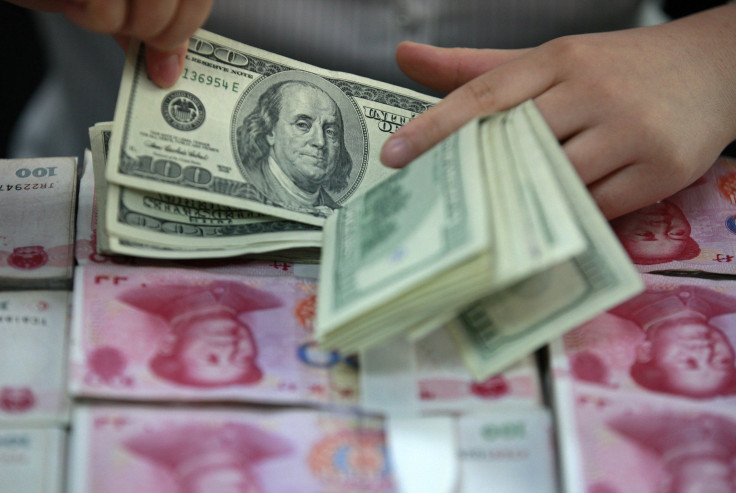The People's Bank Of China (PBOC) To End Normal Intervention In Currency Market

Barely a week after China published a reform plan that will allow markets to play a “decisive” role, the People’s Bank of China announced that it will “basically” end normal intervention in the currency market, though the decision comes without a timeframe.
“We will increase the role of market exchange rates, and the central bank will basically exit from normal foreign-exchange market intervention,” Zhou Xiaochuan, the governor of the People’s Bank of China, wrote in a guidebook article explaining reforms following last week’s meeting.
The central bank will “establish a managed floating exchange-rate system based upon market supply and demand,” Zhou added. In addition, a ceiling on deposit rates offered by local banks will be gradually removed, Yi Gang, the PBOC deputy governor wrote in the same guidebook, Bloomberg reported Tuesday.
Acceleration of yuan convertibility and liberalization of interest rates were among the key reforms outlined in the Third Plenum decision published on Friday. Leadership said it plans to achieve reform targets by 2020. Zhou’s comments, while confirming reforms already known to the public, suggest the speed of reform is picking up, according to Bruce Yam, a currency strategist at Sun Hung Kai Forex in Hong Kong.
Investor quotas will first be expanded, and then scrapped altogether, Zhou noted in the book. The bank will start a trial program that allows individuals to invest overseas as well.
“We expect the changes to be gradual,” said Dariusz Kowalczyk, a Hong Kong-based strategist at Credit Agricole CIB. “This would likely put upward pressure on portfolio asset prices onshore.”
The general direction of reform will be in establishing and improving an interest rate formation mechanism decided by market supply and demand, Zhou stated in the book, and the bank will also begin promoting interbank issuance and trading of certificates of deposits will start soon.
‘‘It’s a big step to take,’’ Patrick Bennett, Hong Kong-based strategist at Canadian Imperial Bank of Commerce, told Bloomberg. ‘‘My caution right now is these are statements rather than a timetable that we know will happen.’’
© Copyright IBTimes 2025. All rights reserved.





















